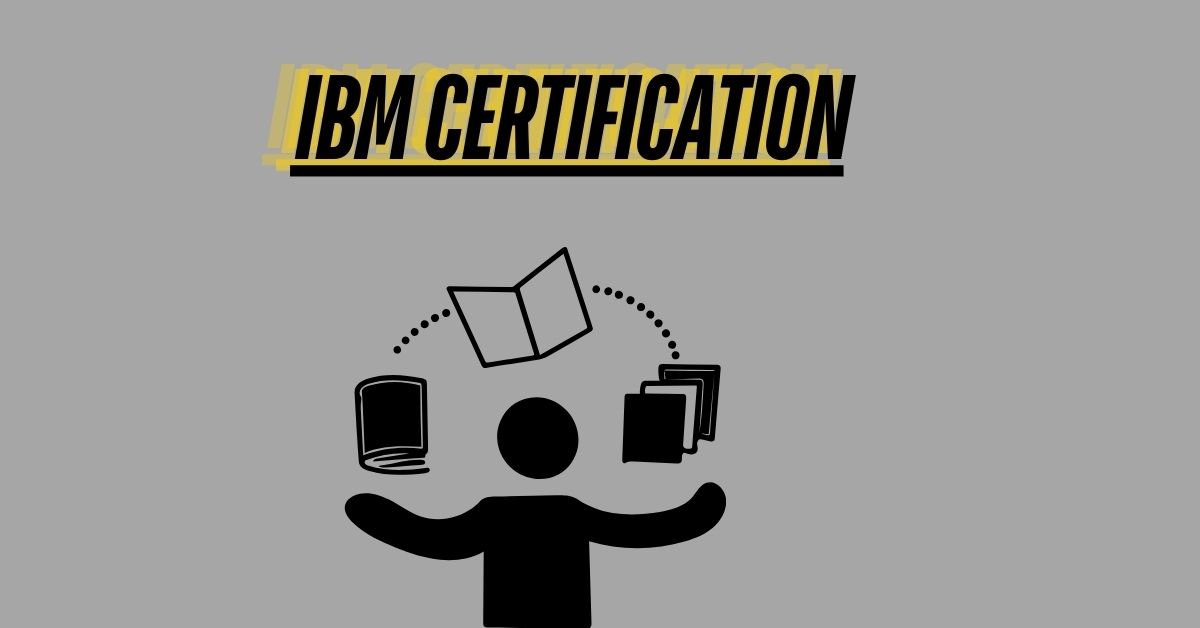Understanding IBM Certification Exams
1. Types of IBM Certifications
IBM offers a range of certifications catering to various domains and skill levels. These certifications are generally categorized into:
- Associate Certifications: Entry-level certifications for beginners who are just starting their journey in a specific field.
- Professional Certifications: Advanced certifications designed for those who have significant experience and seek to deepen their expertise.
- Specialist Certifications: Focused on specific technologies or job roles, these certifications often require in-depth knowledge and practical experience.
2. Certification Tracks
IBM certifications are organized into different tracks depending on the area of specialization. Some popular tracks include:
- Cloud: Covers IBM Cloud solutions, cloud architecture, and cloud infrastructure.
- Data and AI: Includes certifications on IBM’s data science tools, artificial intelligence, and machine learning.
- Security: Focuses on cybersecurity practices, solutions, and IBM Certification security products.
- Systems and Storage: Encompasses certifications related to IBM’s hardware and storage solutions.
Each track consists of various exams that assess different aspects of the subject matter. Understanding which track aligns with your career goals is crucial for choosing the right certification path.
3. Exam Format and Structure
IBM certification exams typically consist of multiple-choice questions, performance-based questions, and case studies. The format may vary depending on the certification but generally includes:
- Multiple-Choice Questions: Assess your theoretical knowledge and understanding of concepts.
- Performance-Based Questions: Test your practical skills and ability to solve real-world problems.
- Case Studies: Evaluate your problem-solving abilities and decision-making skills in complex scenarios.
Familiarizing yourself with the exam format helps you to tailor your study plan effectively.





Comments